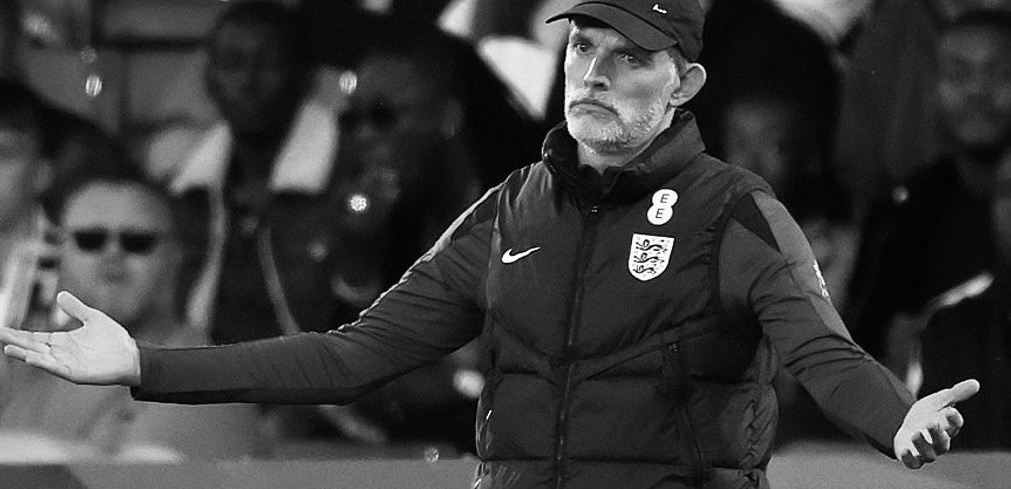The Slow Death of International Football: A Beautiful Game on Life Support
Posted on June 13, 2025
England lost on Tuesday. No one cared. Why?
There was a time — not so long ago — when international football was the pinnacle of a player’s career. Pulling on the shirt of your country was the ultimate dream, the highest honour, the ticket to immortality. It was where legends were made, where the game transcended club allegiances and players became national heroes and household names.
Now? Now it’s a logistical headache, a physio’s worst nightmare, and for many players, a necessary evil to be endured between club obligations and half-hearted post-match interviews about being “proud to represent the country.”
Club Over Country: Follow the Money
The decline didn’t happen overnight. But in an age where club football isn’t just lucrative — it’s ludicrously lucrative — it’s hardly a surprise that players are starting to see international duty as more burden than blessing.
When a single Premier League match pays more than a year of international appearances, and when one ligament tear in a friendly against Malta can derail a career’s worth of bonuses, trophies, and Instagram brand deals — you can’t blame players for quietly asking their physio to “feel a bit of tightness” before hopping on a plane.
Players aren’t the villains here. If someone’s paying you £300,000 a week and someone else is offering you a pat on the back and a chance to be booed at Wembley for a mis-hit pass — which one are you going to be loyal to?
On top of that, agents, club managers, fitness coaches and the bloke who does the ice bath are all whispering the same thing: protect yourself. Don’t overdo it. Don’t risk anything. Stay fresh for the club — they’re the ones footing the bill.
Tournaments or Triage?
By the time the World Cup or Euros roll around, players are often running on fumes. They arrive overcooked, half-injured, or mentally drained from nine months of relentless club football, Champions League group stages in Azerbaijan, pre-season ‘brand building’ tours in Kuala Lumpur, and a congested fixture list that makes no sense even to the most caffeine-fuelled sports scientist.
And let’s not pretend all is rosy when these tournaments do happen. We clap our hands and sing along, pretending that international football is still the glorious spectacle it once was, but we all know that the magic is fading. The players are knackered. The federations are riddled with corruption allegations. The novelty of exotic host countries has been replaced by questions about human rights abuses and air-conditioned stadiums in the desert.
The Golden Age? It’s Gone.
International football used to be a way for players to see the world and earn a few quid on top of modest club wages. It was a working holiday with a football attached. I would have loved a bit of that. Now, it’s a risk — one that comes with intense media scrutiny, a rabid online fan base ready to pounce on every misplaced pass and call your girlfriend a hideous pig, and a high likelihood of injury that could jeopardise not just a season, but a career.
Sure, some players still love it. Harry Kane clearly relishes the responsibility. Declan Rice seems to enjoy belting out God Save the King with the enthusiasm of a man who’s just discovered Yorkshire Tea. But for many, it’s a box-ticking exercise, with all the joy of filling out a tax return.
What Now?
We can keep denying it, keep banging the patriotic drum, and keep pretending international football is thriving — but the reality is, it’s barely conscious. Unless someone finds a way to bring the meaning, reward, and respect back to the international game — and unless FIFA and UEFA clean up their acts — it’ll remain in the ICU, hooked up to a nostalgia drip.
International football isn’t dead.
But let’s not kid ourselves: it’s not exactly alive and kicking either.

Got something to say?